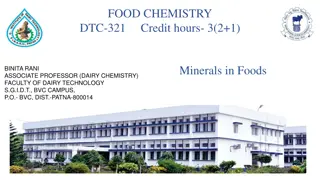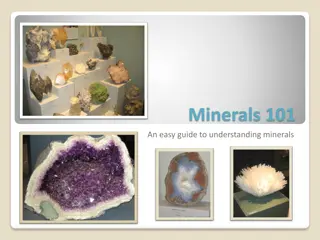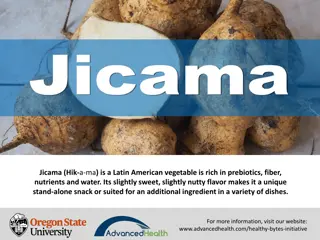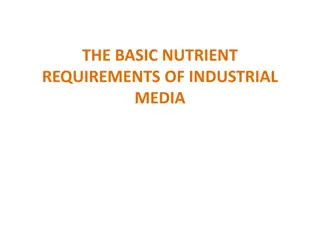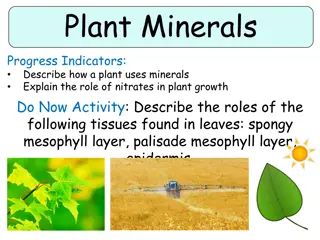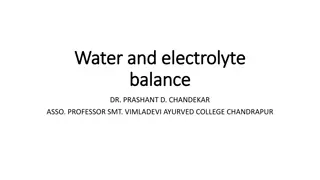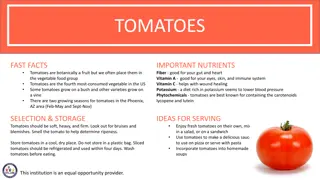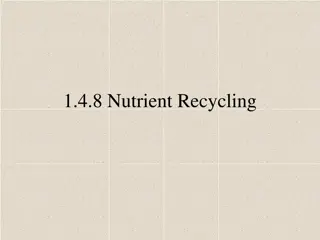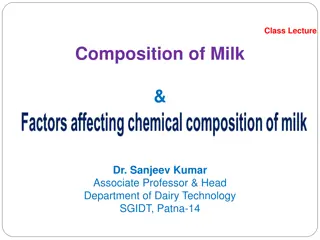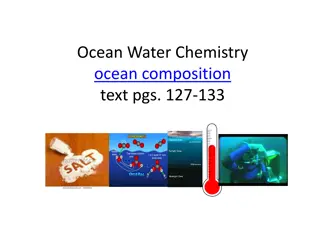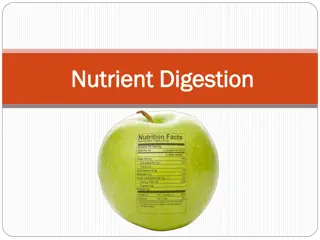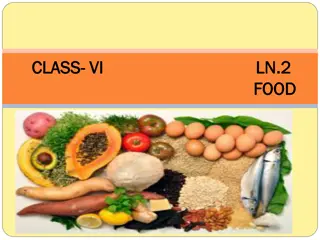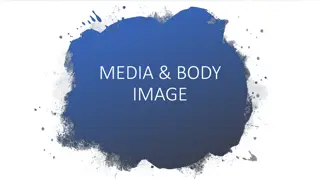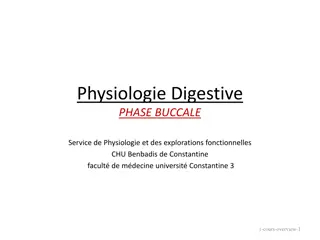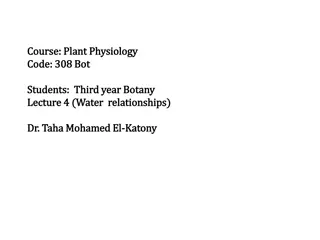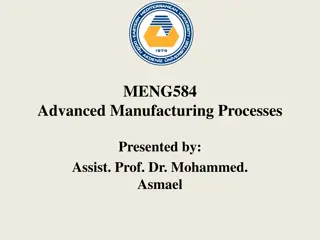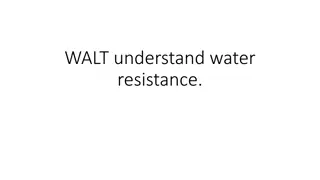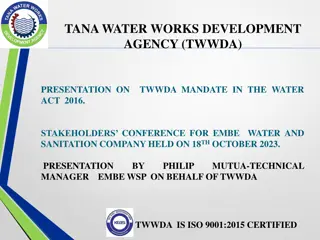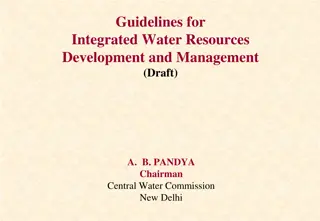Understanding Nutrients, Vitamins, Minerals, and Water in Your Body
Explore the importance of nutrients, vitamins, minerals, and water in maintaining optimal health. Vitamins play crucial roles in bodily functions, while minerals act as catalysts. Water, a vital nutrient, regulates body functions and carries nutrients while removing waste. Learn about the different types of vitamins (water-soluble and fat-soluble) and essential minerals like iron, calcium, and electrolytes. Stay hydrated and nourished for overall well-being.
Download Presentation

Please find below an Image/Link to download the presentation.
The content on the website is provided AS IS for your information and personal use only. It may not be sold, licensed, or shared on other websites without obtaining consent from the author. Download presentation by click this link. If you encounter any issues during the download, it is possible that the publisher has removed the file from their server.
E N D
Presentation Transcript
NUTRIENTS, VITAMINS, MINERALS, WATER Chapter 5 Lesson 3
Vitamins Vitamins- compounds that help regulate many vital body processes, including the digestion, absorption, and metabolism of other nutrients Vitamins are known as micronutrients because they are needed in small amounts Of the 13 vitamins that play a key role in good nutrition, only one is manufactured in the body Vitamin D. Water-soluble vitamins include vitamin C and eight vitamins in the vitamin B complex. Easy passed into blood stream and excess is excreted in urine
Vitamins Cont. Fat-soluble vitamins are absorbed and transported by fats. Vitamins A, D, E, K Fat-soluble vitamins are stored in the body s fatty tissues, liver and kidneys Toxic if taken in excess
Minerals Minerals are inorganic substances that the body cannot manufacture, but that act as catalyst, regulating many vital body processes. Micronutrients Trace minerals (your body need in trace amounts) are iron, iodine, and copper Iron is essential for the body Calcium- give structure to your bones, develop and maintains bone strength Sodium, chloride, and potassium are known as electrolytes
Water Water is nutrient that makes up the greatest percentage of your body. Water is a regulator and vital to every body function. It carries nutrients to and transports waste from your cells, mainly thought the plasma in your blood. Lubricates joints and mucous membranes Helps you swallow and digest food Keeps body cool through perspiration Body uses about 10 cups of water a day- you should consume 6 to 8 cups daily






